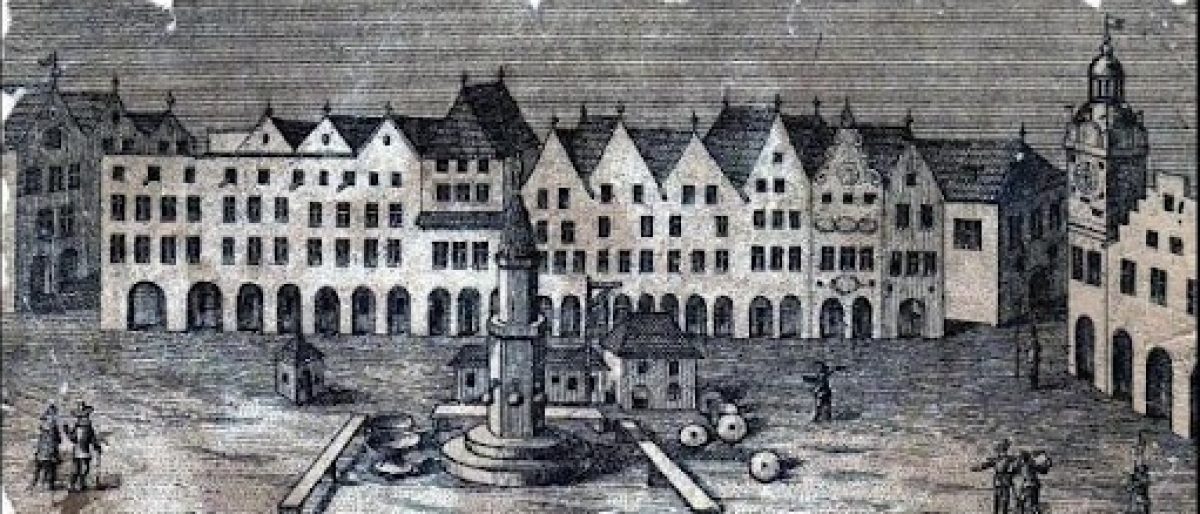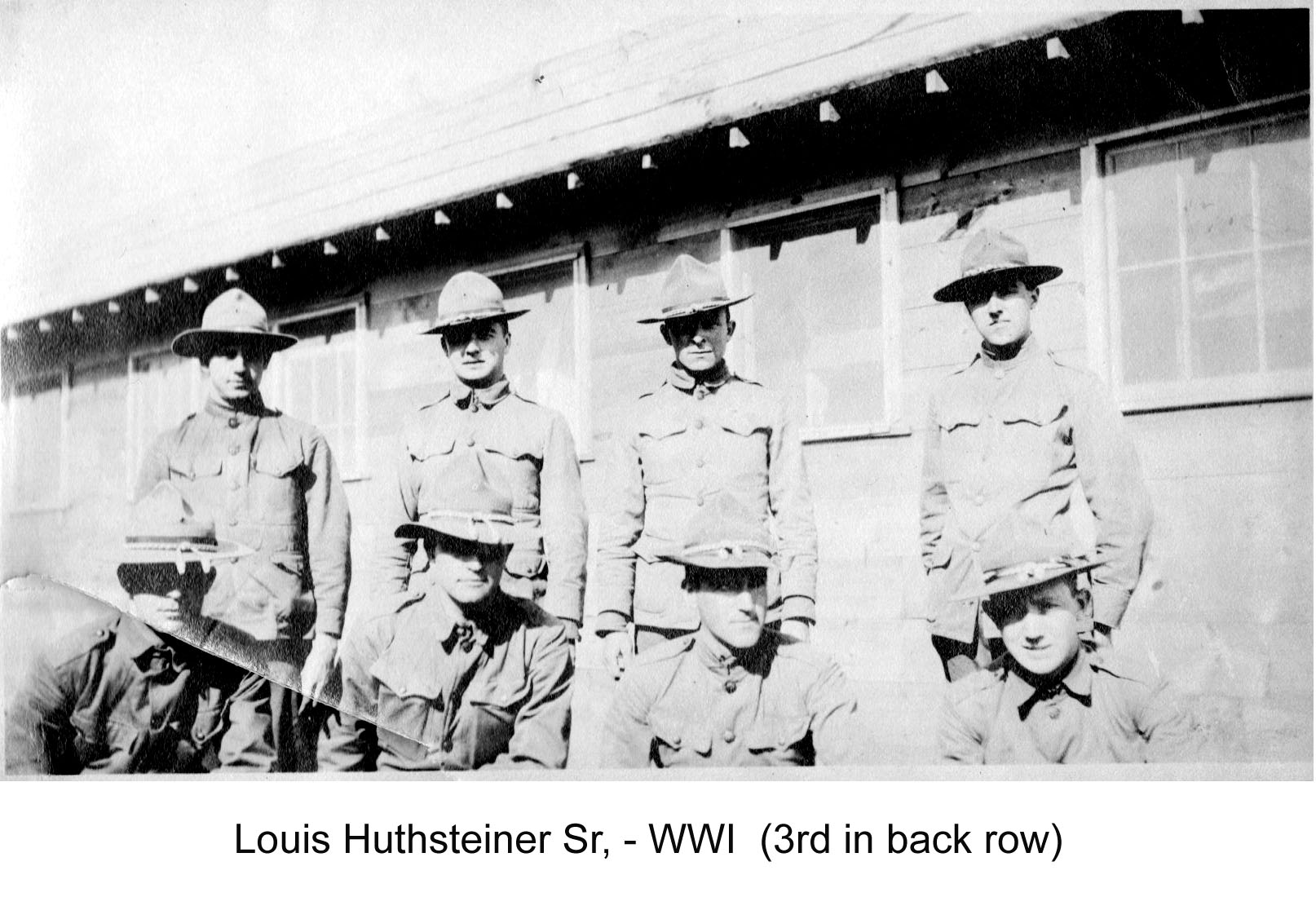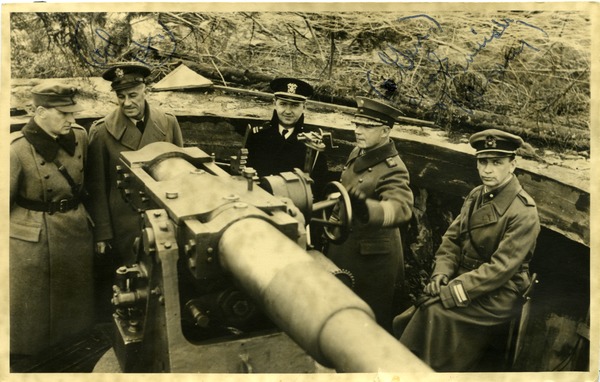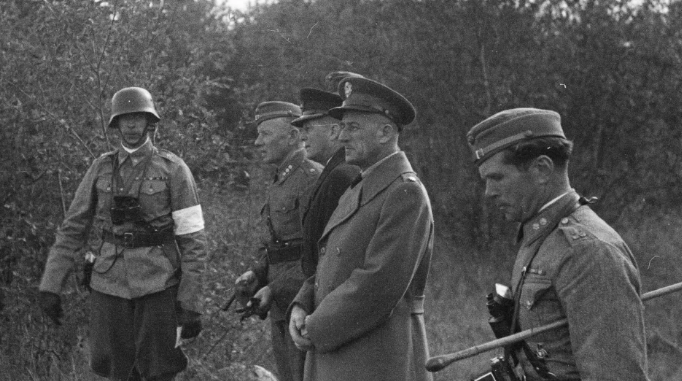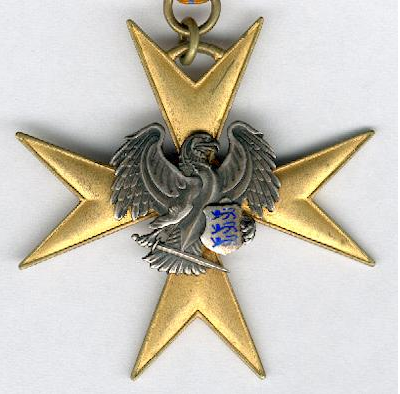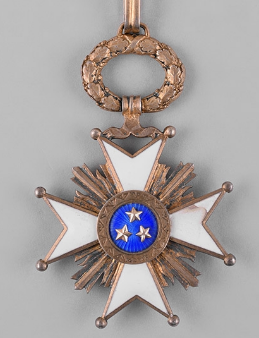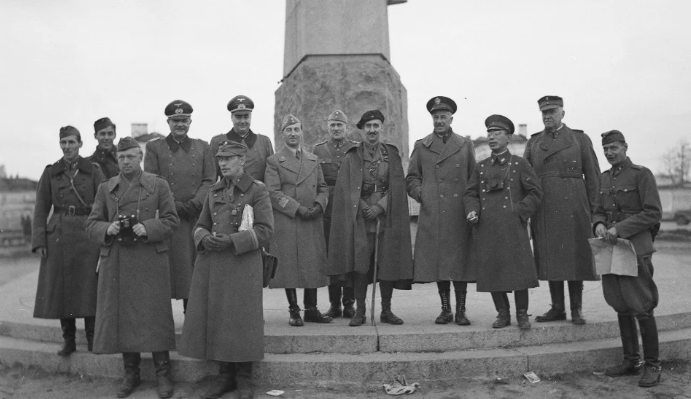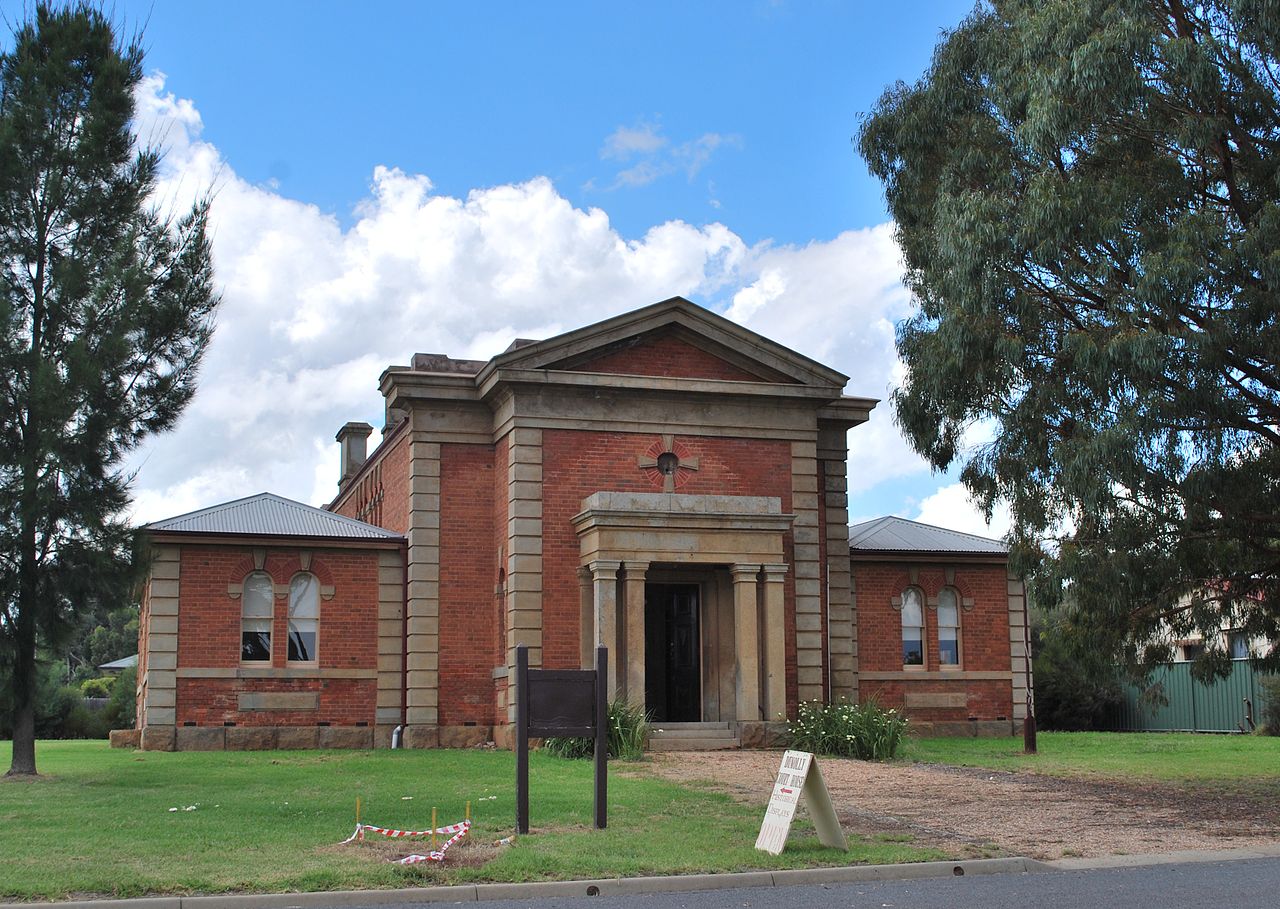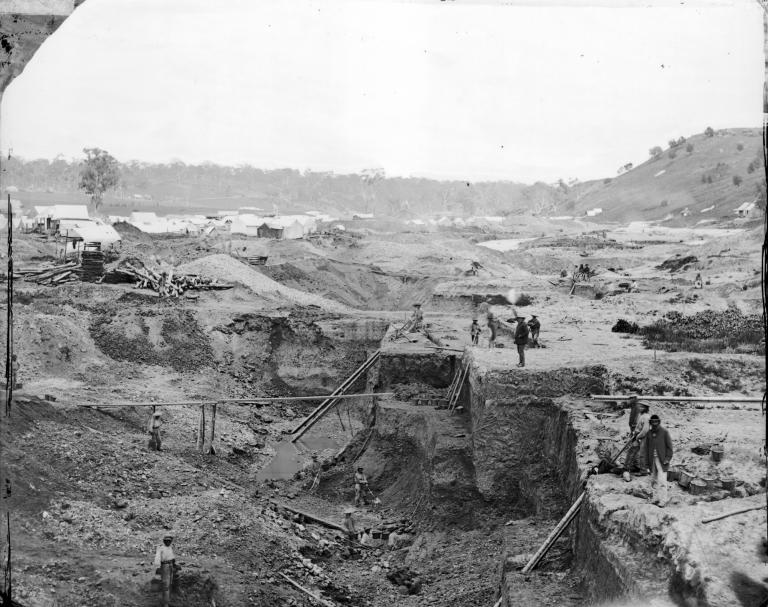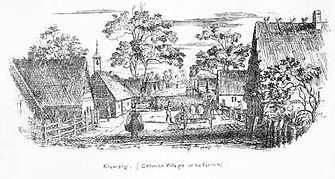III.3 War participants
Napoleonic wars
 Johann Friederich Huthsteiner was assistant surgeon at the Dutch Brigade, 1st line regiment. This brigade was formed by the British King George in 1799 und disbanded in 1802 and stationed on the channel islands of Wight and Lymington to fight against Napoleon’s troops. With the peace treaty of Amiens it was decided to disband it, likely at Den Helder, Holland.
Johann Friederich Huthsteiner was assistant surgeon at the Dutch Brigade, 1st line regiment. This brigade was formed by the British King George in 1799 und disbanded in 1802 and stationed on the channel islands of Wight and Lymington to fight against Napoleon’s troops. With the peace treaty of Amiens it was decided to disband it, likely at Den Helder, Holland.
First Schleswig-Holstein War
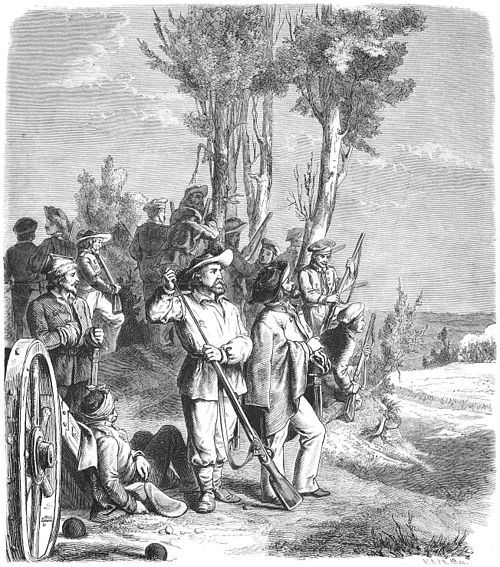
Rudolph Huthsteiner a carpenter from Düsseldorf took part at the battle of Hoptrup in Denmark on 7.6.1848. He was a rifleman in the 5th company of the bavarian free corps commanded by Major Baron von der Tann. After the war he emigrated to Australia.
American Civil War
Gustav Huthsteiner was private in the Union army.
Heinrich Huthsteiner was private in the Union army and got wounded.
Julius Huthsteiner was a Civil War volunteer in 1863 from Hamilton County, Ohio.
Another Julius Huthsteiner attended the American civil war as a druggist, later as hospital steward.
World War I
Louis Huthsteiner took part in WWI
Rudolf Huthsteiner got heavily wounded in bef. 6 May 1915
Wilhelm Huthsteiner from Barmen was heavily wounded bef. 10 June 1916.
World War II
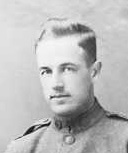 MA Major George E. Huthsteiner had been military Attaché to the three Baltic states and Finland from 1939 to 1940. He reported about Soviet military power and the Soviet-Finnish winter war of 1939-1940. Huthsteiner was an American military diplomat, US Deputy Military Attorney in Tallinn, and eventually in the US Embassy in Helsinki, who succeeded in obtaining accurate military information from 1941 to 1942 on Germany’s ‘Operation Barbarossa’, the attack on the Soviet Union.
MA Major George E. Huthsteiner had been military Attaché to the three Baltic states and Finland from 1939 to 1940. He reported about Soviet military power and the Soviet-Finnish winter war of 1939-1940. Huthsteiner was an American military diplomat, US Deputy Military Attorney in Tallinn, and eventually in the US Embassy in Helsinki, who succeeded in obtaining accurate military information from 1941 to 1942 on Germany’s ‘Operation Barbarossa’, the attack on the Soviet Union.
Kurt Huthsteiner was killed in Focsani, Romania.
Vietnam
Jay Carl Huthsteiner attended the US-Vietnam war.
